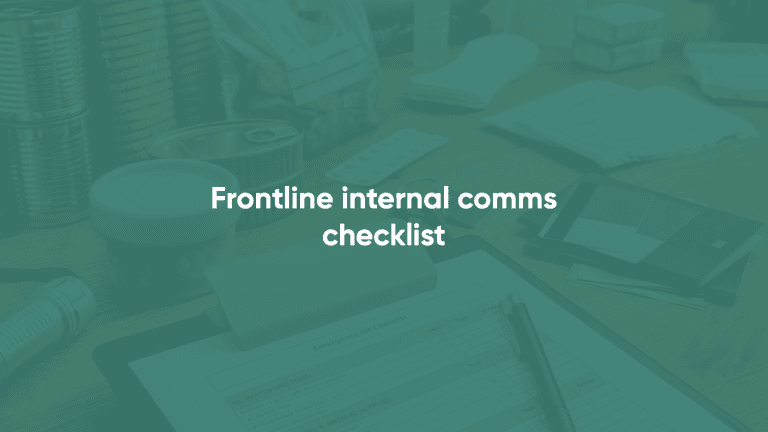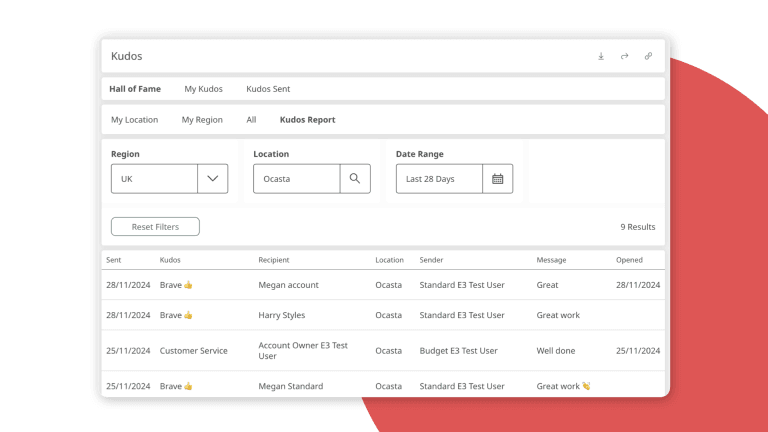
Recent research from ICIMS suggests that 48% of hiring managers consider time management to be a crucial skill to have. We look at some of the mistakes people make with time management and suggest how you can fix them.
They over plan
Planning is great for time management, however, there is such thing as doing too much planning. This can waste a lot of time which could be spent actually getting on with the task. It can also mean that you become so rigid in terms of your working that if something ruins the plan it sets you off course for the tasks that you need to get done.
It is good enough to know what you need to get done, how long you think it will take you and by what time, the rest will fall into place.
They love being “busy”
Some people just love rushing around and being busy. It gives them an adrenaline rush which they want again and again in their work. The only problem with this is that it can mean that they aren’t producing the best quality work. They narrowly meet deadlines and value quantity over quality in terms of their work. To avoid this, slow down and focus on one task at a time rather than trying to continuously multi-task (research has shown that multi-tasking can reduce your productivity by 40%).
They are ineffective in terms of their scheduling
They schedule their work at times when they are less productive. You should be scheduling urgent and timely tasks at the time of day when you are most productive. You must decide which tasks are best for the morning and which for the afternoon depending on your own body clock. Our article “Why you need to know your sleep animal to improve productivity” will help you find out which time of the day you will be most productive.
They don’t make lists
They don’t have a clear understanding of all tasks that need to be done. This means they can’t prioritise their workload and they start on things which are at the top of their memory rather than what tasks are most important.
To avoid this, write down everything that you have to do whenever you are asked. Then begin scheduling your workload, it is also wise to group your items. A theory known as the ‘paradox of choice‘ states that the more choices we have the more negative emotions we begin to have. By sorting your tasks into similar groups or projects you can make your work seem far more manageable, so remember to always write lists, keep them updated and cross out whatever you have completed.
They don’t prioritise
A list is no good if you don’t know how to prioritise the items on it. If you simply start working your way through your list without understanding the time it will take to do things and when they need to be done by, then you will still be struggling to meet deadlines.
Be honest with yourself about how long tasks are going to take, then make a note of how urgent each task is. You can then dedicate large blocks of your day to the urgent ones that are going to take longer, and where you can fit in the less urgent tasks which take less time throughout your week. It is vital that you stay flexible with your work schedule because change is a normal part of the working day.
They take on too much
They never want to say no to a task, so they end up taking on more work than they can handle. They think this makes them seem organised and responsible when in actual fact it does the opposite. If you physically won’t have time to complete more tasks then the responsible and organised thing to do is to explain your timelines and why you won’t be able to do it. This means you can do a better job when you do have more availability and will avoid unnecessary stress and disappointment.
They are over confident
They never doubt that they will be able to get things done by a certain time. This can lead to over promising and under delivering which is not good for anyone. Of course, it is good to be confident at work but being overly optimistic and not delivering is a serious problem. To avoid this try thinking of the problems which you will encounter and the reasons why you might not be able to complete the task in a certain amount of time. Now compare that to your original time frame and see if it matches up. A happy medium would be somewhere in between the two.
They procrastinate
When a task gets difficult they seek out short-term actions that will make them feel good again and distract from the frustration of the task at hand. This could be things such as replying to a text message, scrolling through their emails, or talking to a colleague. All of these things will just slow them down and take them out of the mind frame to complete the task, taking longer to get back in the ‘zone’.
It is important to recognise that negative emotions aren’t a bad thing and we can work through them, they will always pass. The longer you stick with it, the better you will feel at the end because you have less work to come back to. Next time you reach for your distraction, stop and think whether it is worth it in the long run.
Try out these tips to make yourself more punctual and organised at work, they will ensure that you never miss a deadline again.





